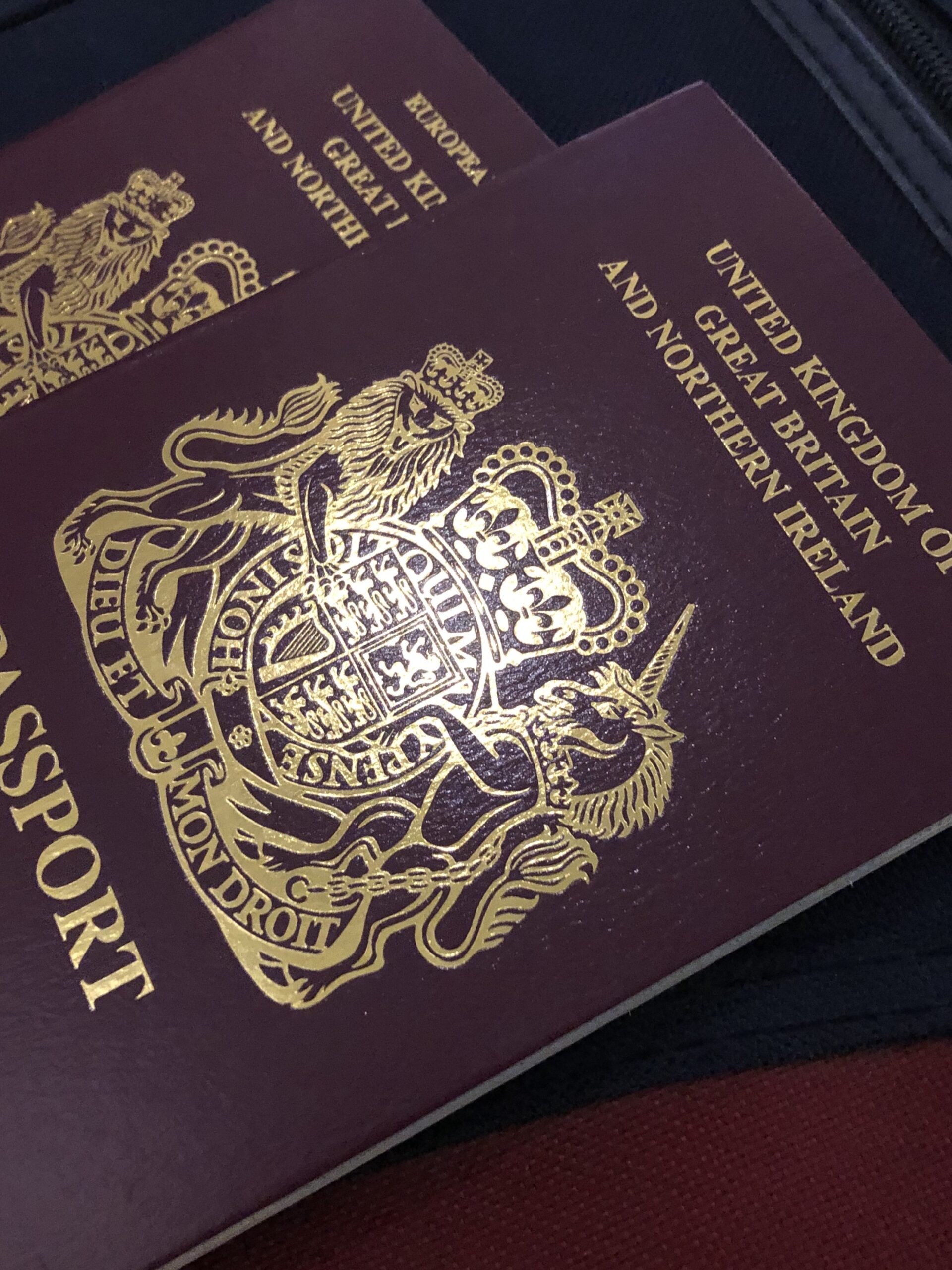As of 2025, the Global Talent visa remains one of the most flexible and high-potential immigration routes into the UK for individuals recognized as leaders or potential leaders in their field. According to the official GOV.UK guidance on the Global Talent Visa indicates that the route is open to candidates in academia, research, arts and culture, and digital technology, and importantly, no employer sponsorship is required.
However, when it comes to entrepreneurs, founders, startup leaders, or product-driven business builders, the question emerges: Can entrepreneurs apply for the Global Talent visa? The short answer is: yes, but it also depends on how well the entrepreneur’s profile aligns with the endorsement criteria, especially under the digital technology pathway.
Understanding the Global Talent Visa Route
Before delving into entrepreneurs specifically, it’s useful to review the structure of the Global Talent visa and endorsement process as it stands in 2025.
- The Global Talent visa replaced the Tier 1 (Exceptional Talent) route in 2020.
- Applicants must either win an eligible “prestigious prize” (in which case they may skip endorsement) or secure endorsement from a recognised endorsing body.
- The endorsing bodies differ by field.
- Applicants must be judged as either a leader (Exceptional Talent) or a potential leader (Exceptional Promise) in their domain.
- To obtain endorsement, applicants must meet mandatory criteria and optional criteria.
- There is no explicit minimum salary threshold for the Global Talent visa (unlike many work visas), but applicants must show evidence of impact or contribution within their endorsed field.
- Visa holders under the Global Talent route can work, be self-employed, start a business, or become a company director, without needing to inform the Home Office when changing roles (as long as the work remains relevant to their endorsed field)
- Indefinite Leave to Remain (settlement) can be sought after 3 or 5 years, depending on the field and route (leader vs potential leader)
Thus, for entrepreneurs, the flexibility of this visa is attractive, with no sponsorship burden, freedom to drive your own business, and the potential for settlement, but the endorsement bar is high.
Do Entrepreneurs Qualify under the Digital Technology Route?
For an entrepreneur (founder, startup CEO, product lead) to qualify under the digital technology pathway, several real-world conditions and evidence must be satisfied. It’s not guaranteed, but many recent cases and commentary show it is possible.
1. The applicant’s business must be product-led / innovation-driven
One recurring guidance is that to be considered under the digital tech stream, the applicant’s work should involve building or evolving technology, not merely providing services or consultancy. In other words, your business ideally should produce its own software, platform, or tech product, rather than just being an outsourced development shop or agency. Several immigration advisory firms emphasise this distinction.
This matters because endorsement bodies are looking for technical or entrepreneurial contributions in a product-led context.
2. Evidence must go beyond mere plans — demonstration, traction, or impact is needed
When applying as a startup founder, you will typically need to demonstrate:
- Innovation or technical leadership: perhaps a novel product, algorithm, architecture, or new domain.
- Commercial or business traction: revenue, user growth, contracts, or scaling metrics. Some advisors caution that business plans or projections alone often aren’t enough — you need real results or credible, audited financials.
- Investment or funding: raising capital (angel, seed, venture) may help substantiate your claims of growth and viability. This kind of backing is often seen as strong evidence.
- Recognition and endorsements: external nominations, awards, letters from recognised industry figures, participation in acceleration programs. This helps establish your domain recognition.
- Technical contributions or publications (if relevant): especially if your background includes R&D, patents, open-source projects, or published research. In some cases, academic or technical output can supplement the profile.
In 2025, recent commentary suggests that endorsing bodies are placing more weight on impact and innovation rather than purely financial indicators. Merely having high pay, equity, or business ownership without demonstrable influence in technology is less convincing.
3. Satisfying mandatory + optional criteria as founder
According to published guidance on endorsement (e.g., Redfern Legal), applicants for Exceptional Talent (leader) or Exceptional Promise (future leader) must satisfy:
- A mandatory criterion: evidence of recognition as a leader (for Talent) or potential leader (for Promise) in the past 5 years.
- Then two optional criteria from lists like:
- Innovation contributions as a founder or senior executive in digital tech
- Recognition beyond occupational role, advancing the field
- Significant commercial, technical, or entrepreneurial contributions
- Academic/technical contributions (for example, research outputs)
For a founder, the first optional criterion is often the anchor: your startup is the proof of innovation. But you will usually need to pair that with another — e.g., external recognition, funding evidence, or technical contributions.
4. Switching/overlapping with other routes
If you’re already in the UK under another visa (e.g., Skilled Worker, Innovator Founder, Start-Up), many applicants attempt to switch to Global Talent via the endorsement route, once they can demonstrate sufficient credentials.
However, note that the Innovator or Start-Up routes are designed for early-stage entrepreneurs, whereas the Global Talent route is more demanding in terms of proof of leadership or impact. The latter is more flexible once granted (no restrictions on employers or business changes).
Final Words!
Stepping into the UK as an entrepreneur is rarely just about ticking boxes or meeting formalities; it is more often about having the determination to shape ideas into something lasting and meaningful. The visa process may be the framework, but what really matters is the story behind each founder’s journey, the spark of innovation, the willingness to adapt, and the courage to bring something new to the table. Those who embark on this route are not only seeking opportunity; they are also contributing to the broader narrative of how talent drives progress and redefines industries.
As the landscape continues to shift, what remains constant is the importance of perspective, guidance, and reliable insight. That’s why keeping connected to thoughtful commentary and updates is so valuable for anyone at the crossroads of ambition and opportunity. For more conversations, reflections, and inspiration on making the most of your journey, be sure to follow Global Talent Mag — your dedicated space for exploring possibilities, celebrating vision, and staying ahead in the ever-changing world of talent and entrepreneurship.




